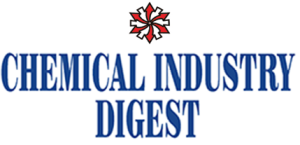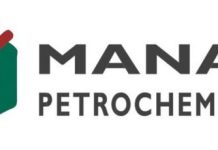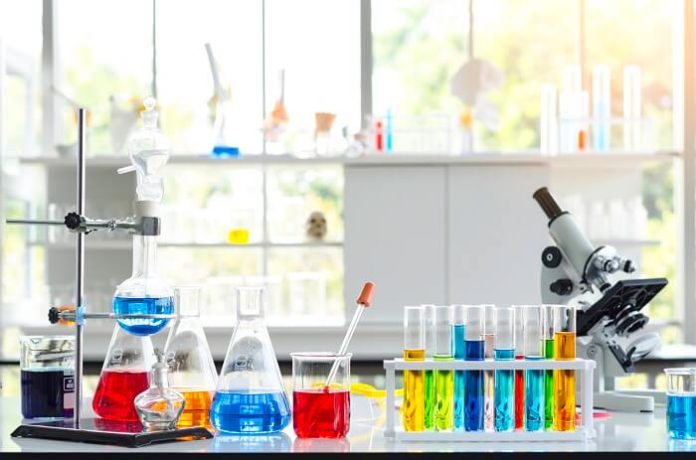Researchers are unhappy by the recent budget decision to raise the customs duty on laboratory chemicals from 10% to 150%. The research community is now seeking clarification and requesting exemptions to maintain the continuity of their work.
Laboratory chemicals, classified under the Harmonised System Code 9802, encompass fine chemicals and pure compounds essential for the pharmaceutical and biotech industries as well as research labs. The specialised chemicals are predominantly imported.
Tax experts and industry insiders speculate that the drastic duty increase aims to curb smuggling and misclassification of chemicals like ethanol under this category. However, the move is expected to significantly impact research laboratories and R&D units that rely heavily on these reagents.
“There have been reports suggesting that some importers were exploiting this route to import chemicals at lower rates and diverting them to pharmaceutical companies and distilleries. The original intent was to support R&D, but due to this diversion, the government has closed the loophole by raising customs duty,” said Shashi Mathews, Partner, IndusLaw. Legitimate importers should petition the government to consider implementing an end-use notification to prevent disruption to R&D activities he added.
Some biotech firms and academicians view this decision as detrimental to R&D efforts. “These chemicals are already costly, and the increased duty will make them unaffordable, raising the overall cost of research consumables,” commented Dr. Sivaram Pillai, Co-founder and Head of R&D at Proklean Tech. He noted that due to the specialized nature of the chemicals, direct Indian alternatives are often unavailable.
A professor and researcher at a central university highlighted that nearly 95% of research labs depend on imported lab chemicals. He pointed out that substituting these with alternatives could lead to different experimental outcomes, thereby significantly affecting research.
As reported by thehindubusinessline.com, pharmaceutical industry experts see this measure as a quality control initiative rather than a revenue-raising tactic. Arun Kedia, Managing Director of VAV Life Sciences, stated that ensuring high-quality imported reference materials is crucial, especially when low-quality repackaged chemicals can compromise the final products manufactured in India.
Krishan Arora, Partner at Grant Thornton Bharat, warned that this move could have far-reaching implications. According to him pharmaceutical companies and research labs might face escalating costs for critical imported chemicals, potentially increasing research expenses and the prices of end products.































